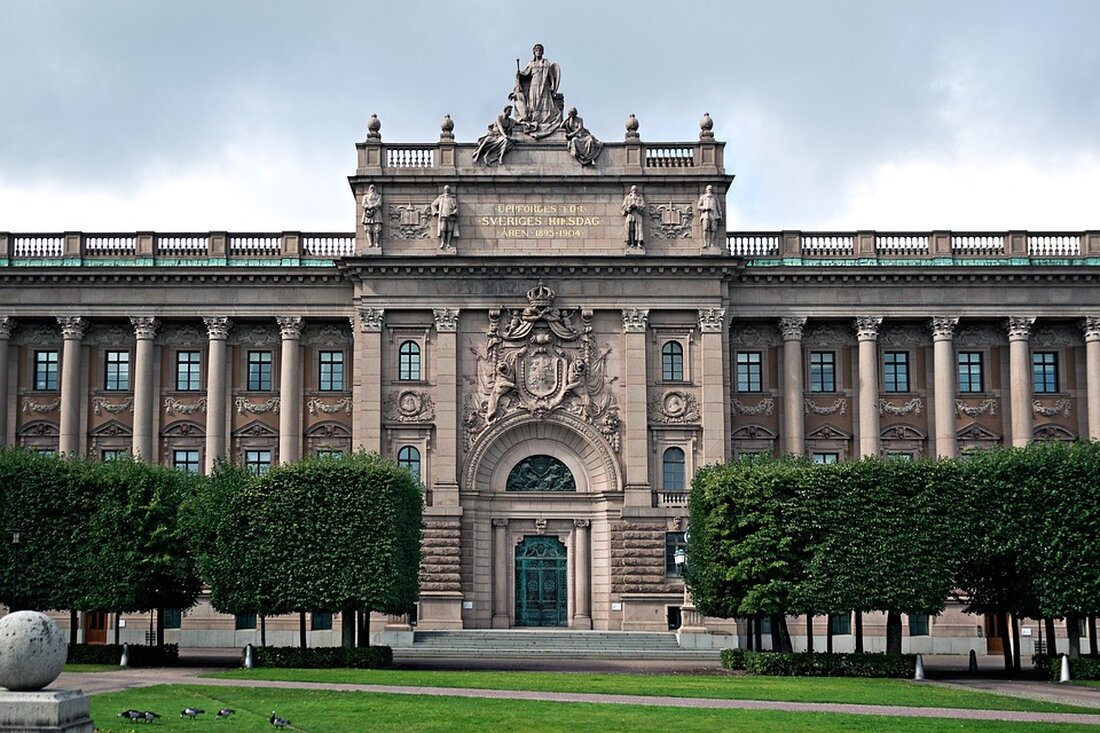How Germany relies on Chinese methods through state intervention in the economy
According to a report by www.deutschlandfunk.de, Germany has lost its status as a world export champion in recent years and is now facing major economic challenges. The Covid-19 pandemic and various political conflicts have resulted in Germany being the only G7 economy that is shrinking. The international market has become more protectionist and the German economy, as a winner of globalization, is now a big loser in the era of de-globalization. The current industrial policy of the German government, especially the traffic light coalition, relies on state intervention in the economy and is partly based on Chinese methods. Examples of this include state support for key sectors, targeted reductions...

How Germany relies on Chinese methods through state intervention in the economy
According to a report by www.deutschlandfunk.de,
In recent years, Germany has lost its status as a world export champion and is now facing major economic challenges. The Covid-19 pandemic and various political conflicts have resulted in Germany being the only G7 economy that is shrinking. The international market has become more protectionist and the German economy, as a winner of globalization, is now a big loser in the era of de-globalization.
The current industrial policy of the German government, especially the traffic light coalition, relies on state intervention in the economy and is partly based on Chinese methods. Examples of this include government support for key sectors, the targeted reduction of trade policy “vulnerabilities”, as well as financial support for infrastructure projects such as the construction of a chip factory and the development of mineral resources.
This development is criticized by the opposition and described as a planned economy. However, the EU Commission is calling on member states to reduce their economic dependencies and intervene in company decisions. This protectionist trend is also evident in the US, where President Joe Biden is pursuing policies that interfere in industry and take protectionist measures.
It is a remarkable reversal of roles: the West is adopting Chinese recipes for success, while China once integrated Western entrepreneurial freedoms into its authoritarian system. The traffic light coalition's industrial policy response is based on this changed global balance of power. Whether this will be successful remains uncertain.
Read the source article at www.deutschlandfunk.de

 Suche
Suche
 Mein Konto
Mein Konto
